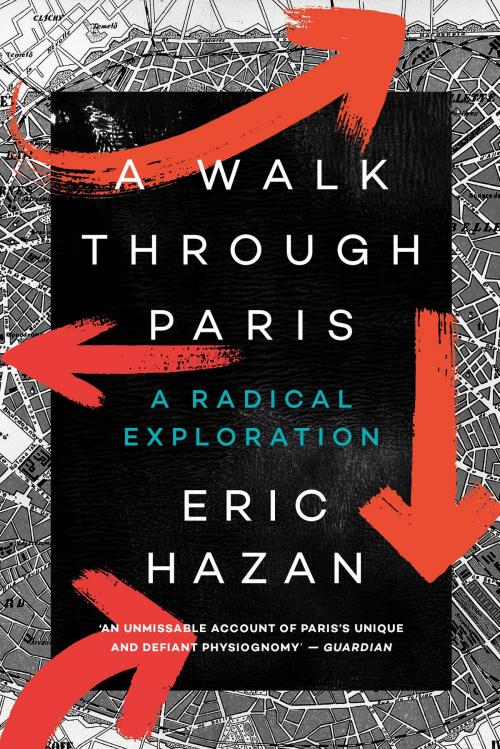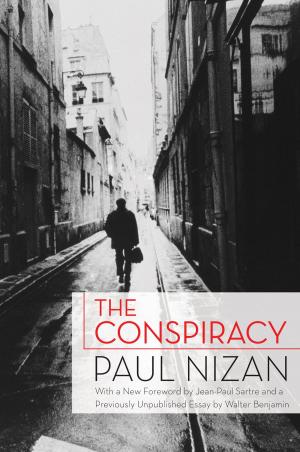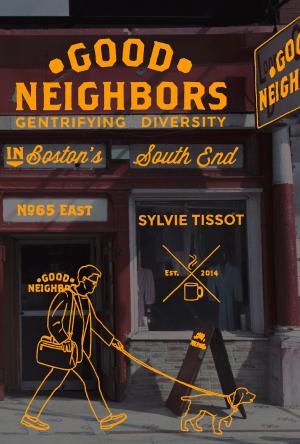A Walk Through Paris
A Radical Exploration
Nonfiction, Travel, Europe, France, Social & Cultural Studies, Social Science, Sociology, Urban, History| Author: | Eric Hazan | ISBN: | 9781786632616 |
| Publisher: | Verso Books | Publication: | March 27, 2018 |
| Imprint: | Verso | Language: | English |
| Author: | Eric Hazan |
| ISBN: | 9781786632616 |
| Publisher: | Verso Books |
| Publication: | March 27, 2018 |
| Imprint: | Verso |
| Language: | English |
A walker’s guide to Paris, taking us through its past, present and possible futures
Eric Hazan, author of the acclaimed Invention of Paris, takes the reader on a walk from Ivry to Saint-Denis, roughly following the meridian that divides Paris into east and west, and passing such familiar landmarks as the Luxembourg Gardens, the Pompidou Centre, the Gare du Nord and Montmartre, as well as forgotten alleyways and arcades. Weaving historical anecdotes, geographical observations, and literary references, Hazan’s walk guides us through an unknown Paris. With the aid of maps, he delineates the most fascinating and forgotten parts of the city’s past and present.
Planning and modernization have accelerated the erasure of its revolutionary history, yet through walking and observation, Hazan shows how we can regain our knowledge of the city of Robespierre, the Commune, Sartre, and the May ’68 uprising.
Drawing on his own life story, as surgeon, publisher and social critic, Hazan vividly illustrates the interplay and concord between a city and the personality it forms.
A walker’s guide to Paris, taking us through its past, present and possible futures
Eric Hazan, author of the acclaimed Invention of Paris, takes the reader on a walk from Ivry to Saint-Denis, roughly following the meridian that divides Paris into east and west, and passing such familiar landmarks as the Luxembourg Gardens, the Pompidou Centre, the Gare du Nord and Montmartre, as well as forgotten alleyways and arcades. Weaving historical anecdotes, geographical observations, and literary references, Hazan’s walk guides us through an unknown Paris. With the aid of maps, he delineates the most fascinating and forgotten parts of the city’s past and present.
Planning and modernization have accelerated the erasure of its revolutionary history, yet through walking and observation, Hazan shows how we can regain our knowledge of the city of Robespierre, the Commune, Sartre, and the May ’68 uprising.
Drawing on his own life story, as surgeon, publisher and social critic, Hazan vividly illustrates the interplay and concord between a city and the personality it forms.















